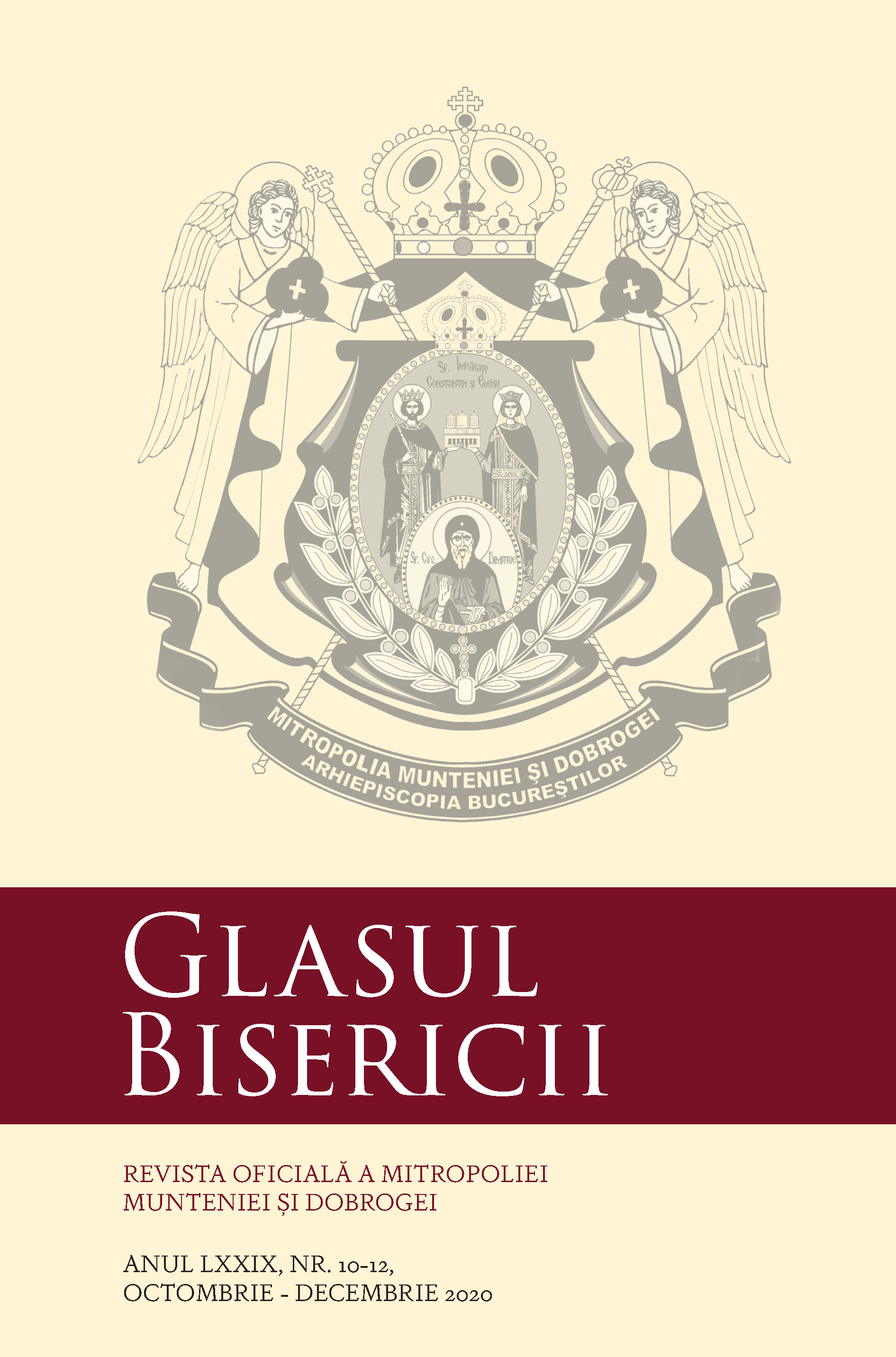Învățătura ortodoxă despre minte la Sf. Grigorie de Nazianz
Orthodox teaching about the mind at St. Gregory of Nazianzus
Author(s): Valentin Marian CocanSubject(s): Christian Theology and Religion, Philosophy, Theology and Religion, Philosophy of Religion, Systematic Theology, Eastern Orthodoxy
Published by: Arhiepiscopia Bucureștilor
Keywords: Gregory of Nazianzus; incarnation; hypostatic union; mind (νοῦς); neoplatonism; Apollinaris from Laodicea;
Summary/Abstract: In the lines below are, in translation, three Greek texts with an important dogmatic contribution. The translation is accompanied by an introductory study. The study aims to examine, to specify the foundations of the heresy of Apollinaris of Laodicea (ca. 310-392) and to fill this gap in the study of his doctrine. The whole Apollinarian system is based on the Greek notion of ἐνανθρώπησις, misinterpreted in the Greek way of thinking. For common thought, and therefore for Apollinaris, two perfect beings cannot be united, that is, the perfect God cannot form a single reality with a complete man. St. Gregory the Theologian will oppose to this heresy the soteriological argument, stated thus: "τὸ γὰρ ἀπρόσληπτον, ἀθεράπευτον" ("for that which is not assumed is not healed"). At the same time, this study examines the exchanges between the new Christian culture - freshly born - and the dominant philosophical thinking.
Journal: Glasul Bisericii
- Issue Year: 79/2020
- Issue No: 10-12
- Page Range: 123-185
- Page Count: 63
- Language: Greek, Ancient (to 1453), Romanian
- Content File-PDF

